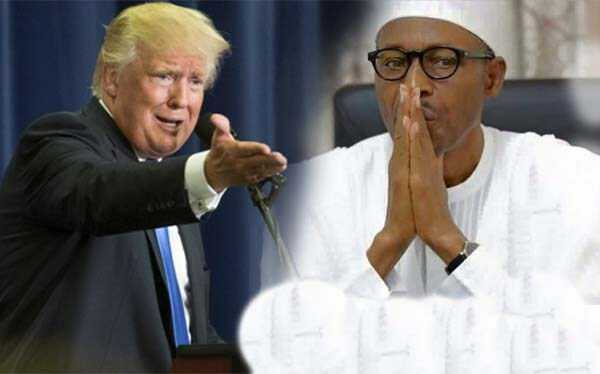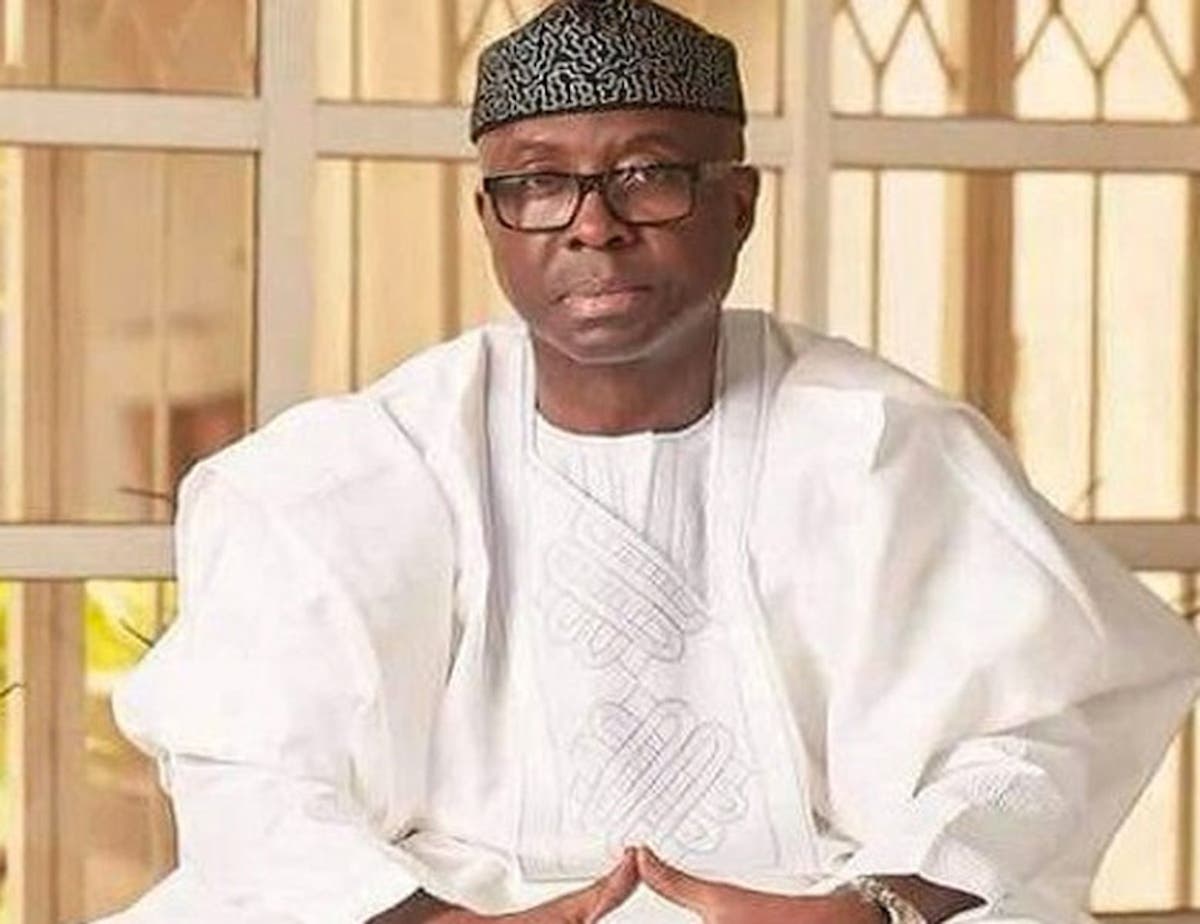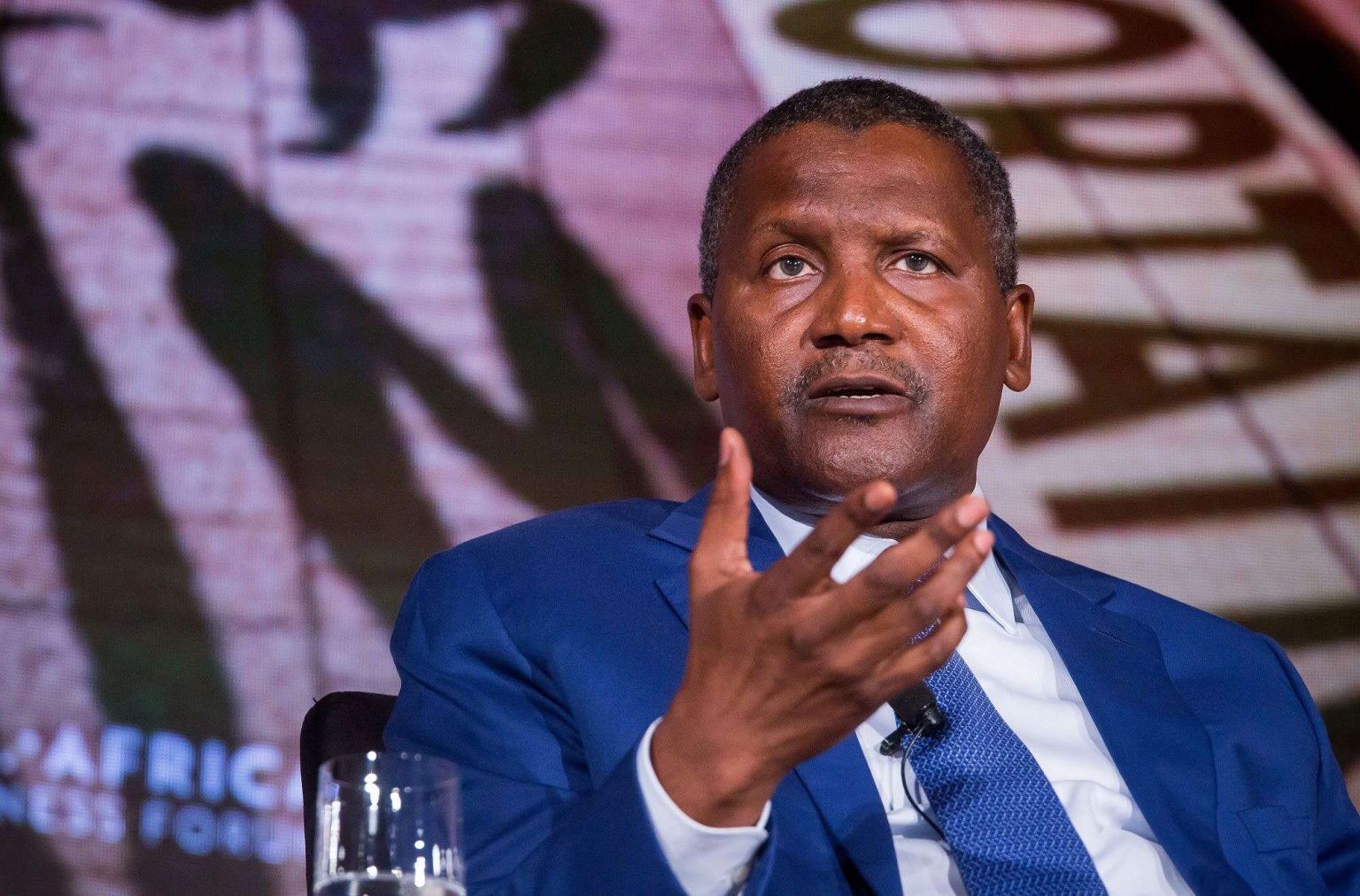In the last two quarters, there had been rising number of forecasts coming from both recognized and unrecognized bodies on the futuristic performance and economic outlook of the Nigerian economy and no two of the forecasts are the same.
The situation whereby there is no clear and authentic economic outlook for a national economy remains a strong minus for the managers of the economy and poses high risk both for existing investors and prospective new comers.
However, a major obstacle, according to finance and development analysts is that the outlay of 2019 national budget suggest the planned use of about 50 per cent of the total budget to service debts which observers say have crossed the red flag.
To many development economists, it would be an uphill task for the economy to grow faster than 1.5 per cent considering the merger allocations to capital expenditure and the observed paucity of funds to even power the budget in the first instance. To them, 2019 budget may end up suffocating in only paying salaries especially now new minimum wage is underway and servicing debts within the 12 calendar month the budget is expected to prevail.
If this happens, it means that chances of reasonable release of funds for capital projects may be abysmally minimal and in the process raise critical issues on ease of doing business.
Before now, IMF, World Bank and several economic analysts had voiced out apprehension on the jumping debt profile vis-à-vis endless borrowing spree by the federal government.
Earlier in the year, the federal government came out with its forecast, saying the economy will jump on a speed of 2.1 per cent which pundits described as self-serving and of no effect when critical factors determining economic performance in Nigeria are put on the table.
The International Monetary Fund (IMF), had last painted the precarious situation of the nation’s economy in particular and Sub-Saharan Africa’s, in general, going by how much the country and the region spend on debt servicing. According to the Breton Woods financial institution, Nigeria spends more than 50 per cent of its revenues on servicing debts, a situation that does not give room for other necessary expenses.
Speaking at the presentation of the Regional Economic Outlook for Sub-Saharan Africa – Capital Flows and the Future of Work in Abuja on Thursday, Senior Resident Representative and Mission Chief for Nigeria, African Department, Amine Mati, put Nigeria’s growth rate for 2018 at 1.9 per cent.
Mati said that although Nigeria’s debt to Gross Domestic Product remained low at between 20 and 25 per cent, the country spent a high proportion of its revenue on debt servicing as a result of low revenue generation.
IMF chief revealed that “For Nigeria, the debt servicing to revenue ratio was more than 50 per cent while for sub-Saharan Africa, the rate was about 10 per cent; a figure he said was too high and reminiscent of what the region went through in the period following debt relief at the beginning of the 21st century”.
“Security issues are exacting a significant human toll in a number of countries. Debt to GDP ratio is increasing in the past five years. Public debt is diverting more resources towards debt servicing.
“The interest rate has gone up to where they used to be around the year 2000 before the debt relief. The adjustment has relied on spending compression rather than revenues mobilisation. Meeting the Sustainable Development Goals will require stronger growth and more financing.”
IMF further added that the sub-region needed to create 20 million jobs every year and added that the situation was even more precarious with the Fourth Industrial Revolution lurking around as number of yearly job creation in Nigeria is still absymal.
Only weekend, FSDH Research, an arm of FSDH Merchant Bank Limited, declared that Nigerian’s economy has the potential to perform better than what the International Monetary Fund predicted.
It added that for the country to realise its full potential, issues such as security of lives and property, infrastructure, rule of law, and the diversification of revenue and the productive base of the economy must be addressed.
FSDH report was upbeat that the short-term forecast for Nigerian economy was unimpressive, according to the latest report by the IMF.
The report noted that “The uninspiring forecast stresses the need for Nigeria’s economic managers to implement additional growth-enhancing policies that would lift more Nigerians out of poverty,” recalling that the IMF predicted in an October report that the Nigerian population would grow faster than the growth in the real Gross Domestic Product over the next five years.
The report in its wisdom claimed that “This means that expansion in Nigeria’s economy may not be enough to improve the standard of living of its citizens. Nigeria’s inflation rate forecast by the IMF shows that there is no hope of single digit inflation rate before 2023.
The report further hinted that “The double-digit inflation rate may make the yields on fixed income securities remain high in Nigeria and thus increase the finance cost for private sector operators.
“FSDH Research believes the Nigerian economy has the potential to perform better than the IMF’s forecast. For this to materialise, however, coordinated policies are urgently required in the following areas to achieve strong and inclusive growth: security of lives and property, infrastructure, rule of law and diversification of the revenue and productive base of the economy.”
Only recently, the Minister of Budget and National Planning, Senator Udo Udoma, agreed that debt pile up may force down the expected speed of the 2019 budget performance.









